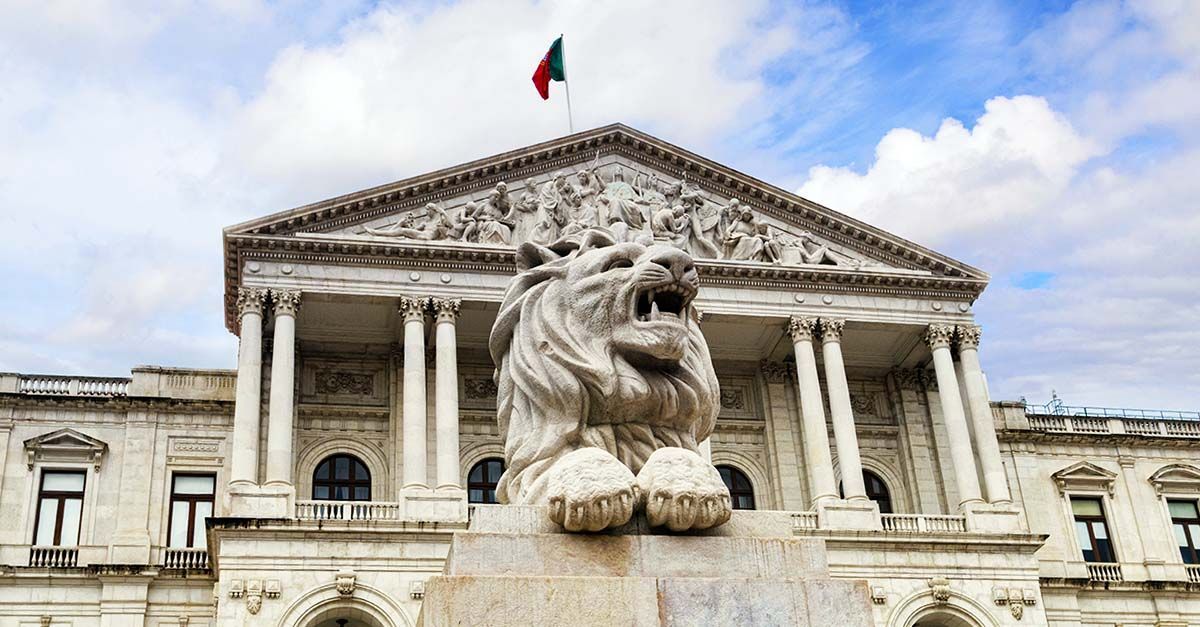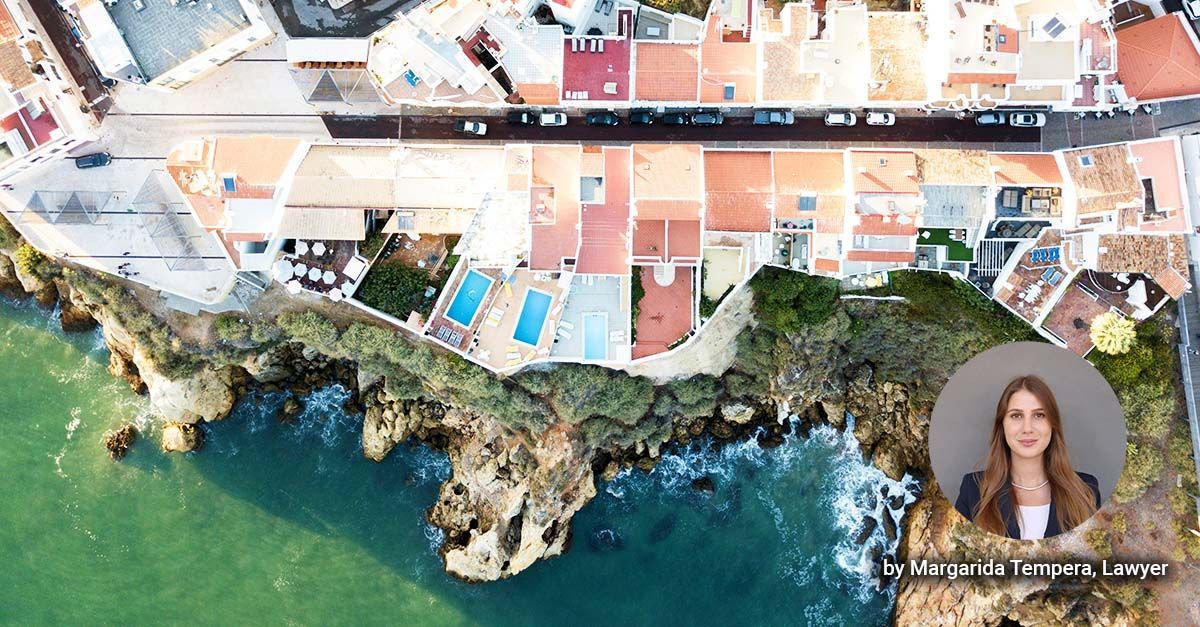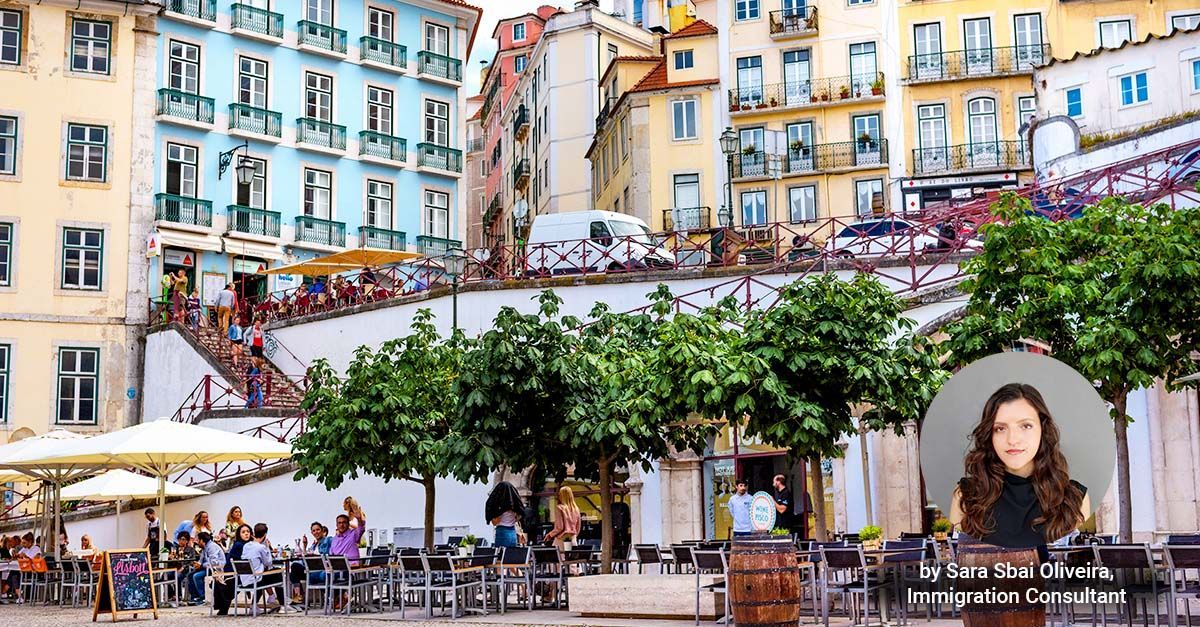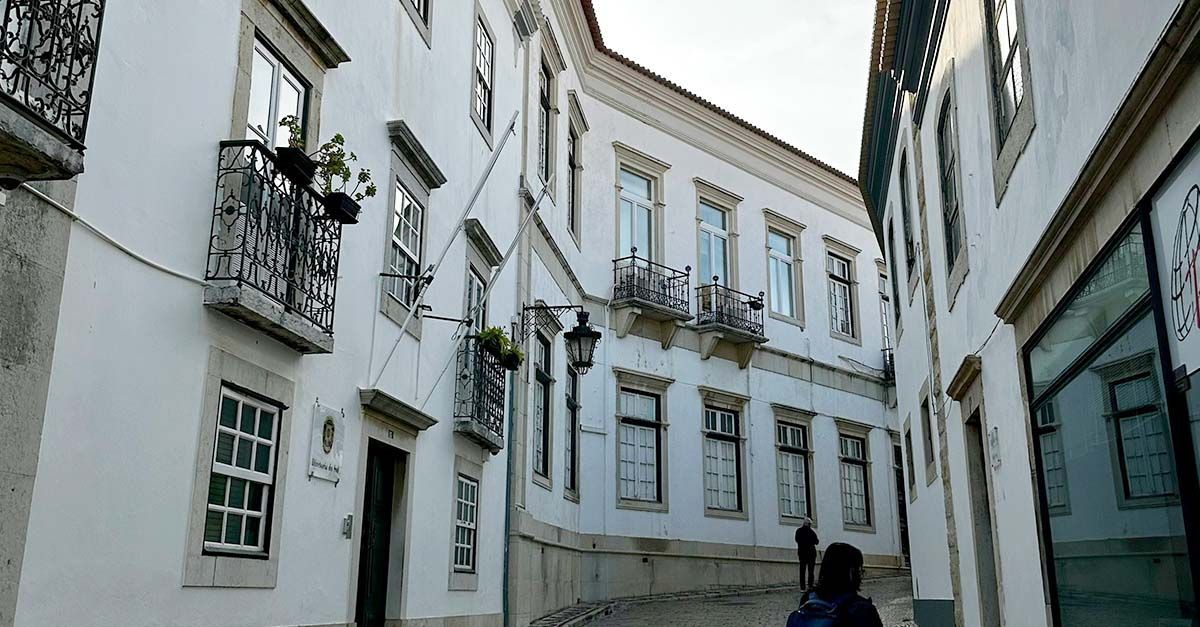Portuguese company: Know the Taxation of Dividends
Dividends being paid to an individual tax resident in Portugal are usually taxed at 28%. If some taxes were already paid abroad on these dividends, the individual shareholder has the right to a tax credit in Portugal of until 28%.
If those dividends are distributed to a foreign tax resident individual, there is no tax credit, and the tax rate will be the same, but it is also possible to trigger the Double Tax Treaty between Portugal and that country (in case there is one) and the tax rate will drop to 10%-15% depending on the treaty. Nevertheless, in both cases those 28% are withheld at the source when the income is distributed by a Portuguese company, and they can also be subjected an aggravated tax rate of 35% if paid to a tax haven.
However, under the non-habitual resident regime and if those dividends received by an individual in Portugal can be taxed at the foreign country, according to a Double Tax Treaty signed by Portugal with that country, or in the case there is no Agreement, if they could be taxed there according to OECD Model Tax Convention on Income and on Capital, those dividends will be exempt from taxation in Portugal, except if arising from a tax haven with which Portugal has not signed a Double Tax Treaty.
It happens that for various reasons, the shareholders may want to incorporate a company in Portugal, instead of being taxed as non-habitual residents and/or individuals, being that the non-habitual resident regime only applies to individuals.
In this second scenario, we note that we have a participation exemption regime in Portugal that includes the dividends being distributed by a company located in Portugal to another located abroad and vice-versa, as decreed in Articles 14.º, no. 3 and 51.º, no. 1 of the Corporate Income Tax Code.
Therefore, in general:
- Dividends distributed by a company located in Portugal to another located in the European Union, the European Economic Area, or in a country with which Portugal has a Double Tax Treaty (provided that in the last two cases an exchange of tax information was agreed) will be exempt from taxation in Portugal, provided that the company located abroad holds directly and/or indirectly not less than 10% of the share capital or voting rights of the Portuguese company and that the participation is held uninterruptedly during the year prior to the distribution (something that can also be applied to Swiss companies and under other specific requisites).
- On the other hand, dividends distributed to a company located in Portugal from one located abroad, won’t contribute to the determination of its taxable profit, provided that: the company located abroad holds directly and/or indirectly no less than 10% of the share capital or voting rights of the Portuguese company; and the participation is held uninterruptedly during the year prior to the distribution, or if this participation is held for less than a year it will be held for as long as necessary to complete that period. However, the Portuguese company cannot be subject to the Portuguese tax transparency regime (usually professional’s companies, e.g., of lawyers, engineers, doctors, other liberal professionals, etc.) but having a commercial and/or industrial activity, and the foreign company has to be taxed abroad at a minimum corporate tax rate of 12.6% and cannot be located in a tax haven.
If you have further questions regarding this matter, get in touch with us and we will be delighted to assist you.

Sérgio Varela Alves
Tax Consultant











